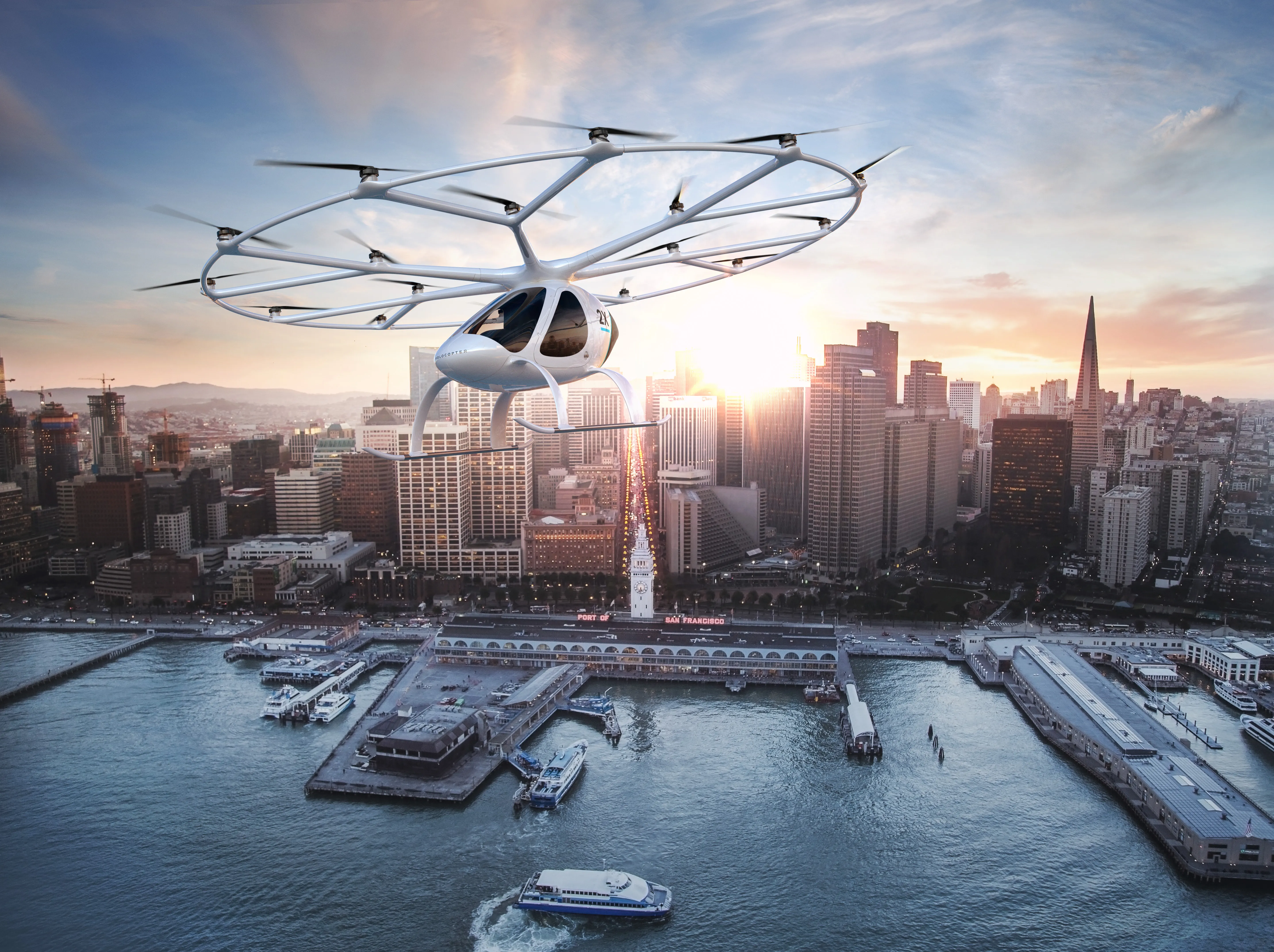The company says the eVtols, based on drone technology, can carry two passengers for a distance up to 30 km.
These air taxis can manoeuvre safely around skyscrapers to ensure a smooth ride for passengers, Volocopter adds.
Volocopter will work with the Civil Aviation Authority of Singapore (CAAS) to establish the scope of the trials.
Ho Yuen Sang, director (aviation industry), CAAS, says the partnership will study the technology’s technical capabilities and develop operational guidelines for the initiative.
Also, Volocopter will establish a product design and engineering team to support its expansion plans. The firm is looking to collaborate with real-estate developers, mobility providers and businesses to implement an air taxi service in Singapore.
Florian Reuter CEO of Volocopter, says: "Volocopter holds a preliminary permit to fly from the German authorities since 2016 and is cooperating with the European Aviation Safety Authority to receive a full commercial license”.
Aside from CAAS, the project is supported by the Ministry of Transport and the government’s Economic Development Board.
In %$Linker:
Volocopter to test electric air taxis in Singapore in 2019
Volocopter will trial its air taxis in Singapore’s urban environments in the second half of 2019. The initiative is expected to lead to public demonstration flights.
The company says the eVtols, based on drone technology, can carry two passengers for a distance up to 30 km.
These air taxis can manoeuvre safely around skyscrapers to ensure a smooth ride for passengers, Volocopter adds.
Volocopter will work with the Civil Aviation Authority of Singapore (CAAS) to establish the scope of the trials
October 22, 2018
Read time: 2 mins








